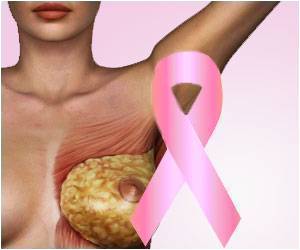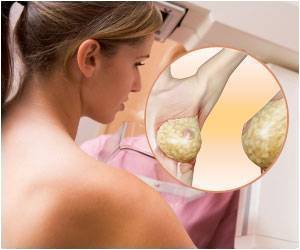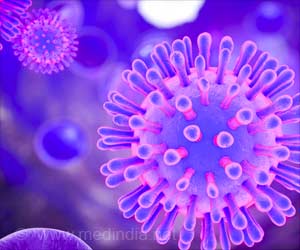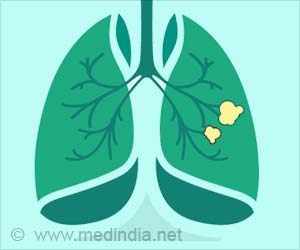The new super-thin bendable sensors would make it possible to measure the human sensation so that findings by palpation could even be shared remotely.

‘Doctors may one day be able to physically screen for breast cancer using pressure-sensitive rubber gloves to detect tumours.’





"Healthcare practitioners may one day be able to physically screen for breast cancer using pressure-sensitive rubber gloves to detect tumours," the researchers said in a statement before the publication. A square sheet 4.8 by 4.8 centimetres (1.9 inches) in size has 144 locations that can measure pressure, said the research teams led by Tokyo University professor Takao Someya and Harvard University's Zhigang Suo.
The sheet is so flexible it can detect pressure changes accurately even when twisted like cloth -- a development claimed as a global first. "Sensitive human fingers of a veteran doctor may be able to find a small tumour, but such perceived sensation cannot be measured," Someya told AFP.
But digitisation of the sensations means that they could be shared with other doctors who could theoretically experience the same sensations as the physician who performed the examination, he said.
Many researchers are developing flexible pressure sensors but they are vulnerable when bent and twisted, which makes it difficult to detect pressure changes accurately, the Tokyo University and Harvard researchers say. The nanofibre pressure sensor they have developed can be bent over a radius of as small as 80 micrometres -- "equivalent to just twice the width of a human hair" -- they say.
Advertisement
Someya stressed that the development would one day enable the equivalent of medical palpation -- examining a patient by physical touch -- by doctors in different locations from the patient.
Advertisement
Source-AFP















